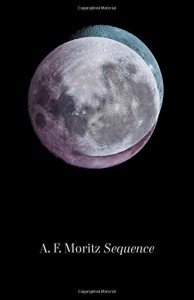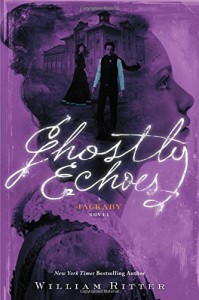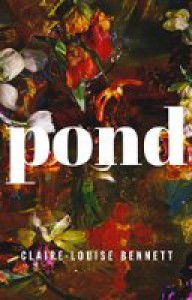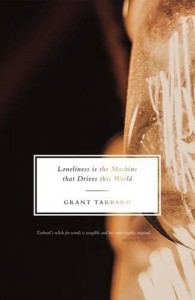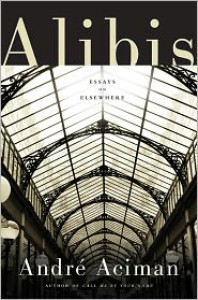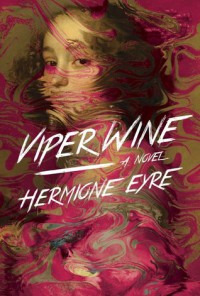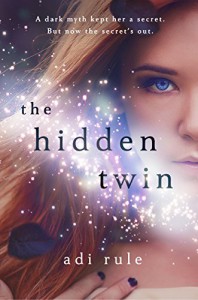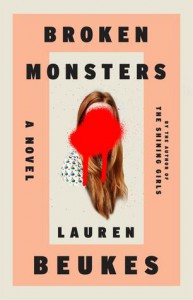The Hatred of Poetry
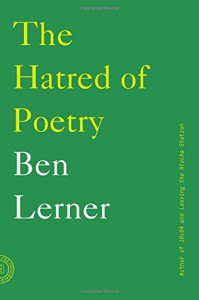
Within the past decade, even the last several years, the genre of poetry has undergone vast changes, both in terms of style and subject matter, but also in regard to its reception. Recent successes of poets like Rupi Kaur and Claudia Rankine have proved that there is a growing interest in the genre, and some, like Lerner, have come to question whether this marks a potential turning point in the way the public views poetry and poets.
In a single essay-like ‘chapter,’ Lerner’s The Hatred of Poetry introduces the reader to what he sees as the main dilemma:
Many more people agree they hate poetry than can agree what poetry is. (p. 6)
Lerner’s argument begins with the basics, describing the all too familiar belief — or, in the case of Plato, fear — that a poet possesses a power that is inaccessible to the rest of the public, an ability to reach out and not only touch an invisible ‘Other’ but also to give it some kind of physical form. Still others, as he describes in the example of his childhood teacher Mr. X, believe that poetry is accessible to all, as it is rooted in humanity’s own poetic nature. There is nothing surprisingly new in these statements, yet there is a significant impact upon reading these sentiments on paper — It produced within me a sense of reassurance, to know I wasn’t the only one who was puzzled by these very same observations.
It is upon bringing up the concept of the “published poet” and the desire for recognition that Lerner begins to transition into the more analytical section of his discussion, presenting examples of a “very bad” poem, as well as discussing some better poets who have been praised throughout history, namely Keats and Dickinson. Once Whitman enters the picture, Lerner’s discussion takes a more pointed direction as he gives a more concrete framework for the sentiments expressed in the beginning: the concept of the poet as all-knowing, and the pressure the poet feels given the belief that he is capable of speaking for “everyone.” Public scrutiny and misconceptions are as central to the book as the train of thought Lerner carries through it, the most memorable being the “practical” side of the poet that the current economically-minded society enjoy bringing up frequently:
This is related to how poets and non-poets both tend to attack poets for entering the academy, for becoming teachers: On the one hand, it’s too mercenary, too close to a real job [. …] On the other hand, it repeats the scandal of leisure — the academy isn’t the “real world,” you don’t work “real” hours, it’s impossible to measure whether you’re transmitting skills, and so on. (p. 53)
As a ‘poet’ myself — a label I use very hesitantly, not only because of how recent it is, but also due to the argument about one’s success — Lerner’s argument was relevant and important on a much more personal level. Many of his observations, as I mentioned, are common occurrences today, but there is something reassuring in seeing them printed before your eyes, to know you’re not the only one who picked up on them and who was possibly bothered by it. He did a slightly weaker job in discussing the specific poems, like Whitman’s or Dickinson’s, at times making the book seem like it has slipped off and gotten lost in its own thought process and jargon, developing a sharper academic tone that relates back to why people may have such a dislike for academic poets in the first place. The ending also came across as something out of the blue, not as successful in wrapping up the argument as it could’ve been.
All of the above aspects can be overlooked more readily compared to the loophole which Lerner left behind, an aspect of the conversation he could’ve considered but didn’t, either consciously choosing to leave it alone or maybe simply forgetting about it. What I’m talking about is sometimes called the phenomenon of the ‘Tumblr poet,’ poets like Meggie Royer and Trista Mateer, both of whom amassed quite a fanbase online. Younger poets in general, ones like Warsan Shire and Jeanann Verlee, were overlooked in his entire argument, despite the way in which they fit into his loose ends here and there about contemporary poets who choose to write from their individual lenses, something they often get criticized for. Given the relative short length of the book, it’s understandable that there is much left unspoken. At that same time, leaving out such a significant part of poetry points to the very same narrow view which Lerner, on several occasions, pokes fun at.
The Hatred of Poetry should be viewed as a starting point for those interested in reading more about poetry, about its critics and also some of its historical struggles as a genre. The book certainly makes a good attempt at being accessible, and the occasional mini-tangents are forgivable to the curious reader or easy to overlook for the casual one. It is a book that reads easily, with a few jokes here and there that may — or may not — elicit the desired reaction. Its strength, however, lies in its honesty, in its ability to capture and present the whispers of society in precise words:
Our contempt for any particular poem must be perfect, be total, because only a ruthless reading that allows us to measure the gap between the actual and the virtual will enable us to experience, if not a genuine poem — no such thing — a place for the genuine, whatever that might mean. (p. 9).
 2
2
 3
3



